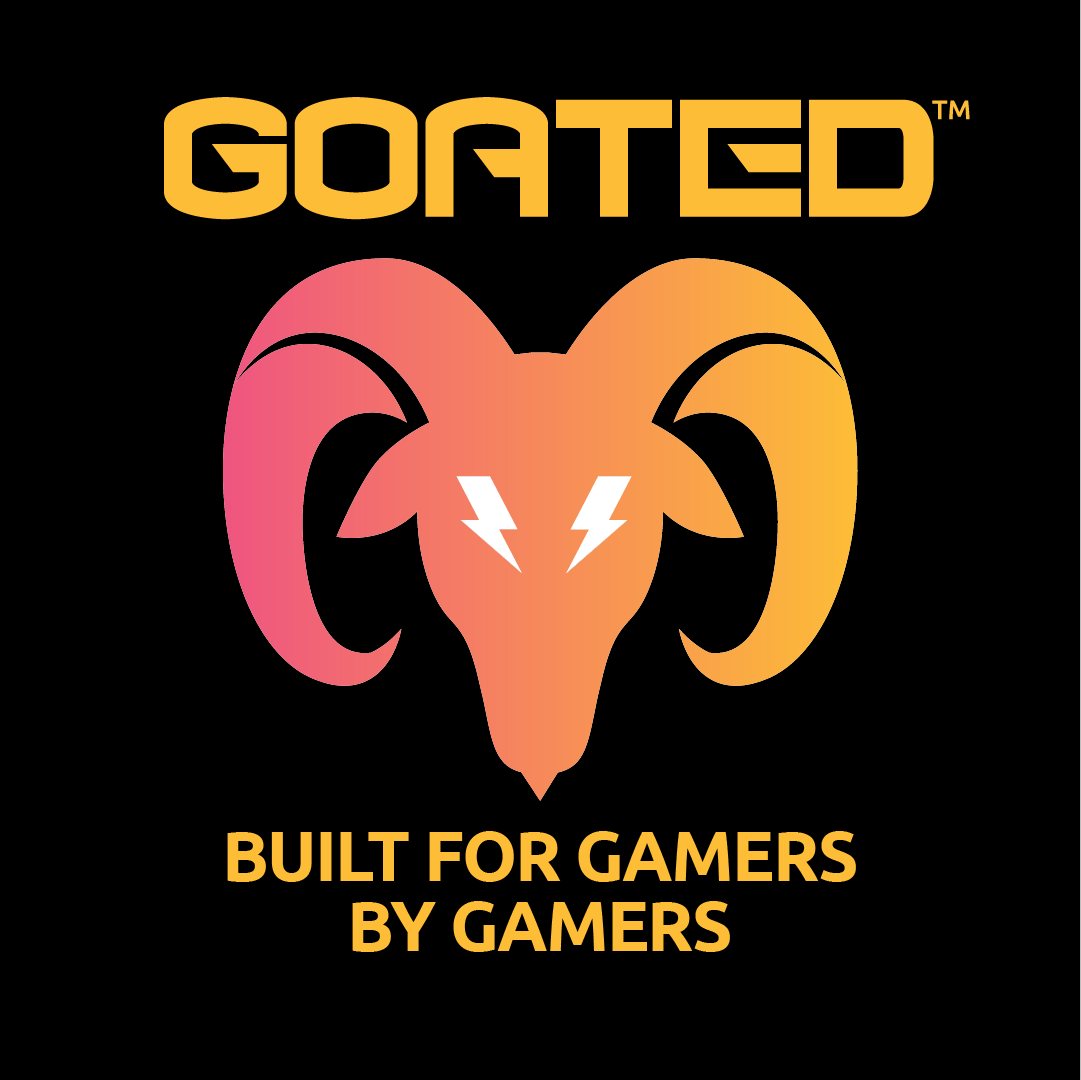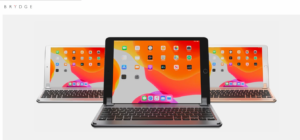Blockchains, the decentralized databases that support cryptocurrencies, NFTs, and other "digital assets," are rapidly being incorporated into video games. New games are being developed specifically to accommodate blockchain technology, while existing games are modified to include blockchains.
"Blockchain gaming" accounted for more than half of blockchain activity in the third quarter of 2021. At the same time, a Treasury investigation has led to consumer groups advocating for crypto market regulation.
According to cryptocurrency believers, blockchains represent the future of video gaming, and blockchain gaming is ushering in "Web3" - the so-called next generation of the internet built on blockchain technology. How reliable are these assurances?
The current 'Financial Benefits Structure' in the global video game landscape extracts revenue from game players (gamers) first to hardware manufacturers of phones, consoles, and other gaming devices, then to the game publisher(s) & distributors, then to the game developer(s), and finally to professional game players & content creators.
The 'end user' of this dynamic, gamers who currently 'pay to play,' receive no economic rewards or incentives associated with their gaming activities, either directly or indirectly. GOATED reverses this ‘extractive' and exploitative dynamic by flipping the script' and implementing new and fairer methods for rewarding the worldwide gamer community.
GOATED strives to compensate the gamers who truly make gaming enjoyable and profitable.
In the future, most participants and observers agree that NFTs will continue to be an essential component of blockchain-gaming.
GOATED's "Engage-To-Earn'' will become a permanent new genre in the video gaming business, and other contemporary genres only achievable with NFT technology will arise. NFTs will remain the foundation of blockchain-gaming, because any game item, region, or character may be designed as a non-fungible token.
NFTs are 'things' used in games that, like physical stuff in the real world, may be used to identify and employ proof-of-ownership for various functions in the game. This tendency isn't going away, but instead is increasing to bridge virtual and actual products.
While NFTs have undoubtedly contributed to the popularity of blockchain-based games, some commentators believe it is too early to predict what will be the main features or trends in blockchain-gaming in the future.
When it comes to problems, most industry experts are humble enough to accept that blockchain-based games would have to overcome several hurdles before obtaining mainstream popularity.
While developers agree that the industry must be conscious of regulatory constraints, the majority believe that the most significant issues are internal.
Aside from these obstacles, it appears that blockchain-gaming will not encounter unsurmountable challenges in the foreseeable future. And, given that earning, trading, and profiting from NFT's and in-game items seems a natural and logical growth in video gaming, it appears to be one sector of the crypto economy that is here to stay.
GOATED Inc.
https://goated.gg/





